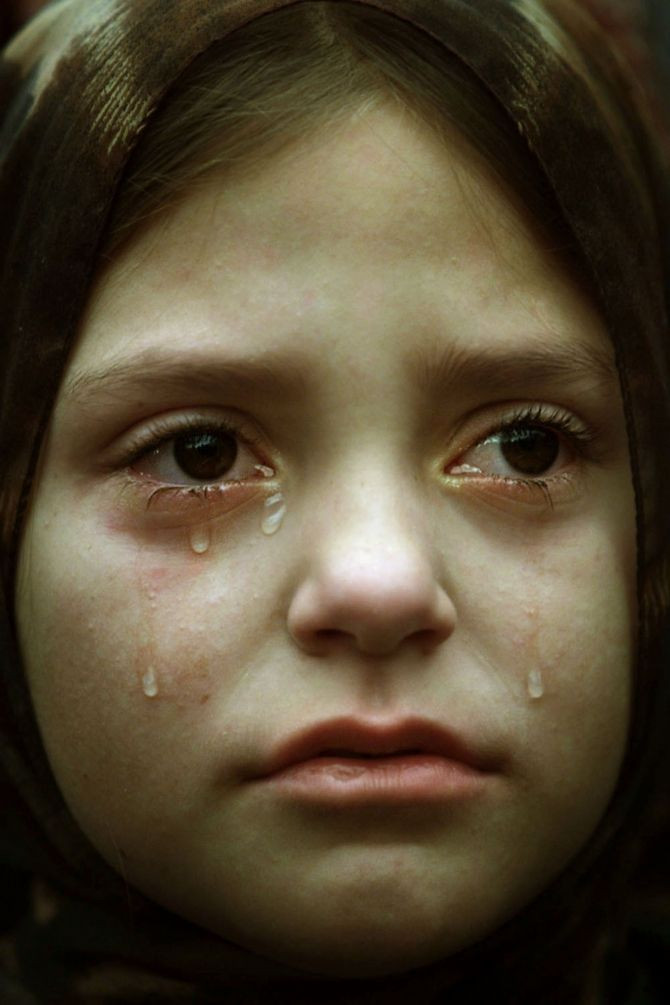Emotional Abuse as Bad as Physical Abuse

The effects of psychological maltreatment can damage a child's growth and can be as dangerous as physical abuse, according to a position statement by the American Academy of Pediatrics (AAP) on psychological maltreatment.
"We are talking about extremes and the likelihood of harm, or risk of harm, resulting from the kinds of behavior that make a child feel worthless, unloved or unwanted," said Dr. Harriet MacMillan, a professor in the departments of psychiatry and behavioural neurosciences and pediatrics of McMaster University. She is one of the three authors of the AAP statement.
Childhood maltreatment can lead to a variety of health complications and affect the social wellbeing of the child. Research has shown that abused children are more likely to have a troubled adulthood and end up being child-abusers themselves.
Abused children tend to be at higher risk of having problems socializing with others and may have disruptive behavior.
According to MacMillan, psychological abuse "can be as harmful as other types of maltreatment."
A parent being strict about discipline at home may not be abusing the child. "But, yelling at a child every day and giving the message that the child is a terrible person, and that the parent regrets bringing the child into this world, is an example of a potentially very harmful form of interaction," said MacMillan.
Psychological maltreatment can occur in any family but families where parents are substance abusers, violent or are suffering from an illness are more at risk of causing psychological damage to the child, according to experts.
The report says that "the effects of psychological maltreatment during the first three years of life can be particularly profound."
The AAP position statement will be published in the journal Pediatrics.



























